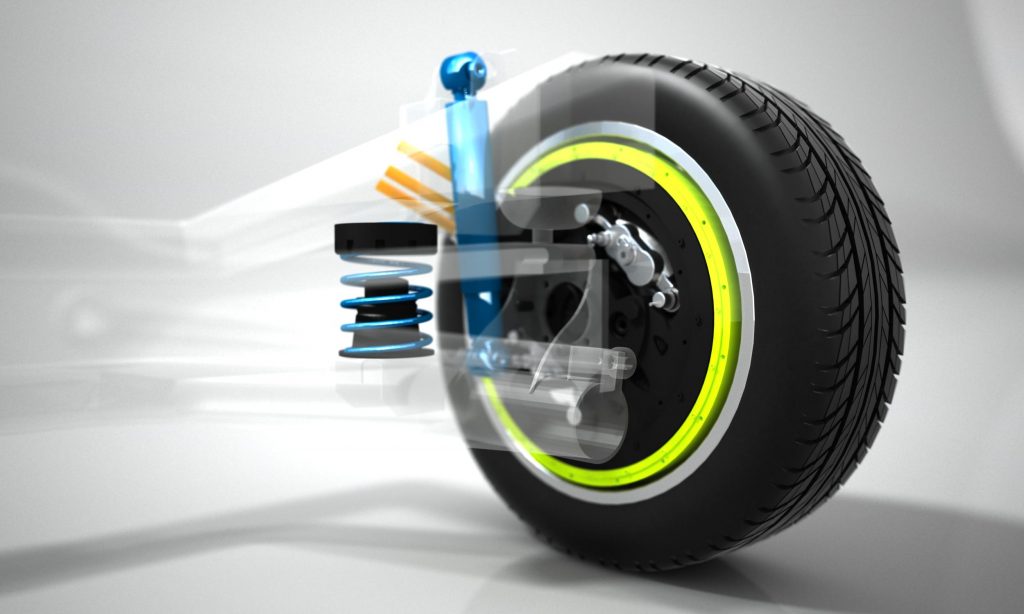As electric vehicles continue to rise in popularity, many are wondering if hub motors provide a reliable propulsion solution. Hub motors, which are electric motors placed directly inside the wheels, offer certain advantages over traditional electric powertrains. However, their reliability long-term has been called into question by some.
In this article, we’ll take an objective look at the reliability of hub motor technology based on real-world usage data and feedback from owners. We’ll explore factors like durability, maintenance requirements, and overall lifespan expectations. By understanding both sides of the debate, readers can make an informed decision on whether hub motors are a viable option for their electric vehicle needs.
A Brief Primer on Hub Motor Technology
Before diving into reliability, it’s important to understand how hub motors work at a basic level. Unlike conventional electric vehicles that have motors mounted centrally with a transmission, hub motors integrate small electric motors directly into each wheel. This allows for torque to be applied individually to each wheel for improved traction and handling.
Hub motors tend to be brushless and liquid cooled for optimal performance. They receive power from the vehicle’s main battery and controller which regulates torque output. By eliminating the need for complex gearing and differentials, hub motor setups can be lighter and more space-efficient compared to traditional powertrains.
Real-World Usage Data
To get a sense of long-term reliability, it’s useful to look at hub motor usage data from electric vehicles that have been on the road for several years now. Companies like Elite Motorworks that specialize in hub motor conversions have reported very low failure rates even after high mileage accumulation.
For example, one Elite customer reported over 50,000 miles on their original hub motors with no issues. Another achieved 100,000 miles before upgrading for increased power, not due to any motor failures. Anecdotal owner forums also show many logging tens of thousands of miles problem-free.
This real-world evidence suggests hub motors can maintain functionality for distances comparable to gasoline vehicles when manufactured by reputable companies. As with any technology, the quality and design of the specific implementation plays a big role in long-term durability.
Maintenance Requirements
In terms of maintenance, hub motors have an advantage over traditional electric vehicle powertrains. With fewer moving parts and no transmission/differentials, there is less that can go wrong mechanically. Most owners report only having to change lubricants every 30,000-50,000 miles for routine maintenance.
Some do recommend inspecting bearings annually even if no issues arise. However, this is a simple process and most parts like bearings are easily user-serviceable if needed. Overall maintenance demands appear lower than internal combustion or conventional electric vehicles.
Lifespan Expectations
Given the real-world reliability data, a typical hub motor lifespan can be expected around 100,000-150,000 miles under normal operating conditions. Of course, this can vary depending on use case like towing or hauling heavy loads. But for passenger electric vehicles, 100,000 miles of trouble-free operation is a reasonable baseline estimate according to available information.
With proper maintenance, some owners believe hub motors could potentially last the lifetime of an electric vehicle. As technology continues advancing, future generations may see even greater reliability. Overall, current evidence suggests hub motors can meet or exceed longevity expectations of traditional electric powertrains.
Are Hub Motors Reliable?
Based on real-world usage data and owner/expert feedback, hub motors appear to provide a reliable propulsion solution for electric vehicles. When manufactured by reputable companies using high-quality components, they have proven capable of handling tens of thousands of miles with minimal maintenance required.
While long-term data is still accumulating, hub motors show potential to match or surpass reliability expectations for traditional electric powertrains. Their mechanical simplicity reduces failure points compared to systems with more moving parts. With proper care, a hub motor lifespan of 100,000+ miles is certainly achievable for passenger EVs.
For applications where weight savings, packaging, and dynamic performance are priorities, hub motors can be a reliable choice. As the technology continues advancing, reliability is likely to improve even further. Overall, hub motors seem suitable for electric vehicle use cases requiring a robust yet efficient propulsion system.

